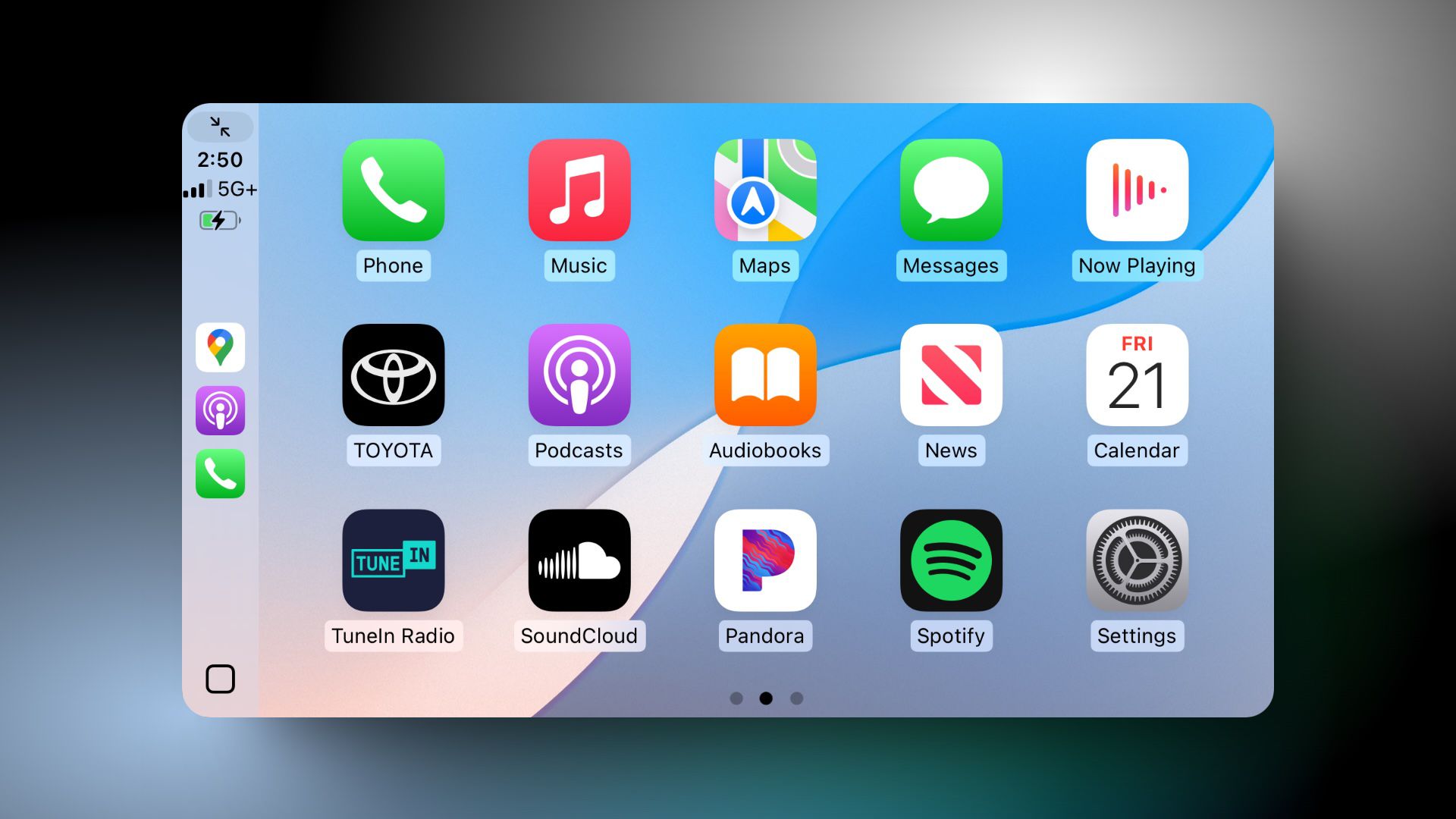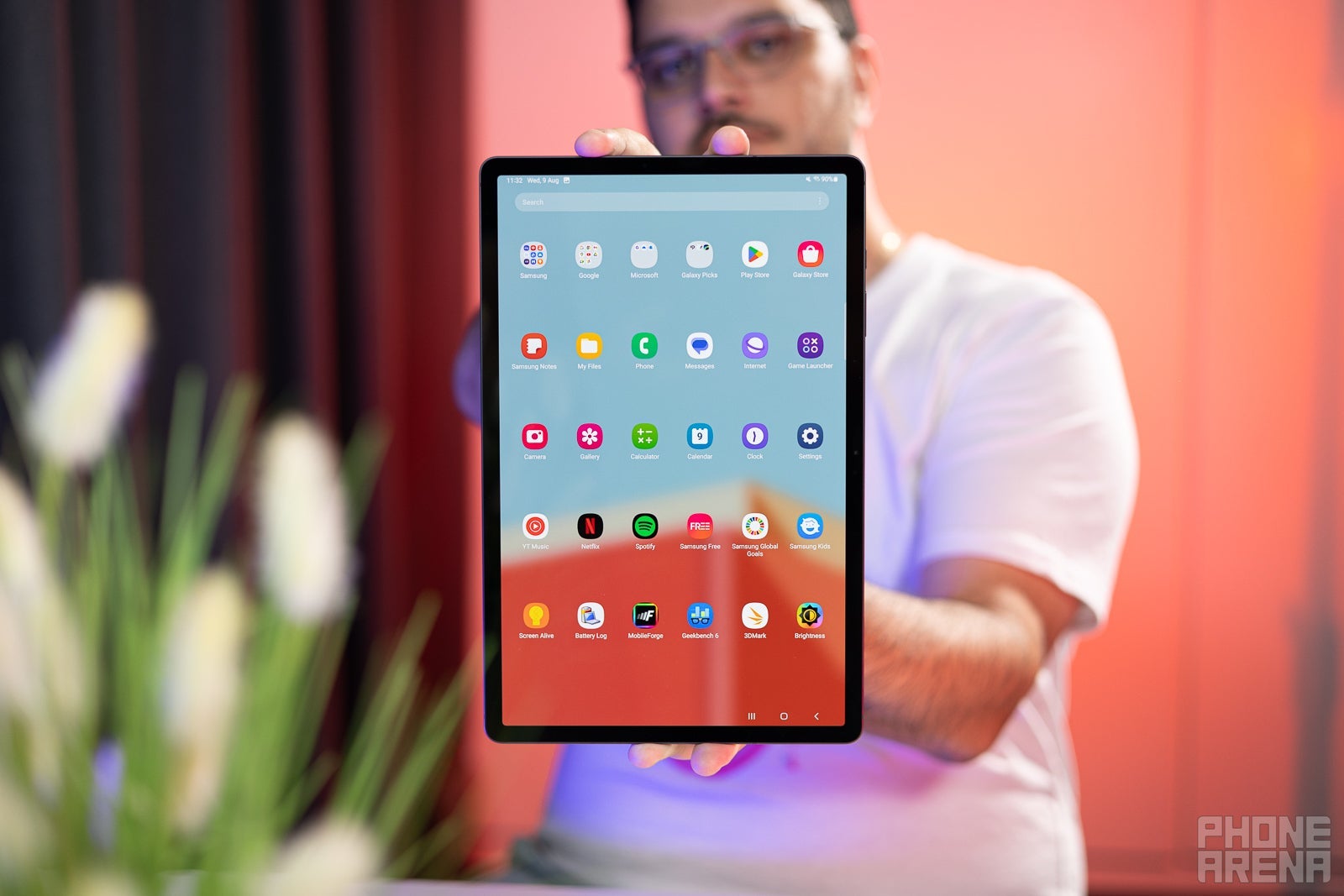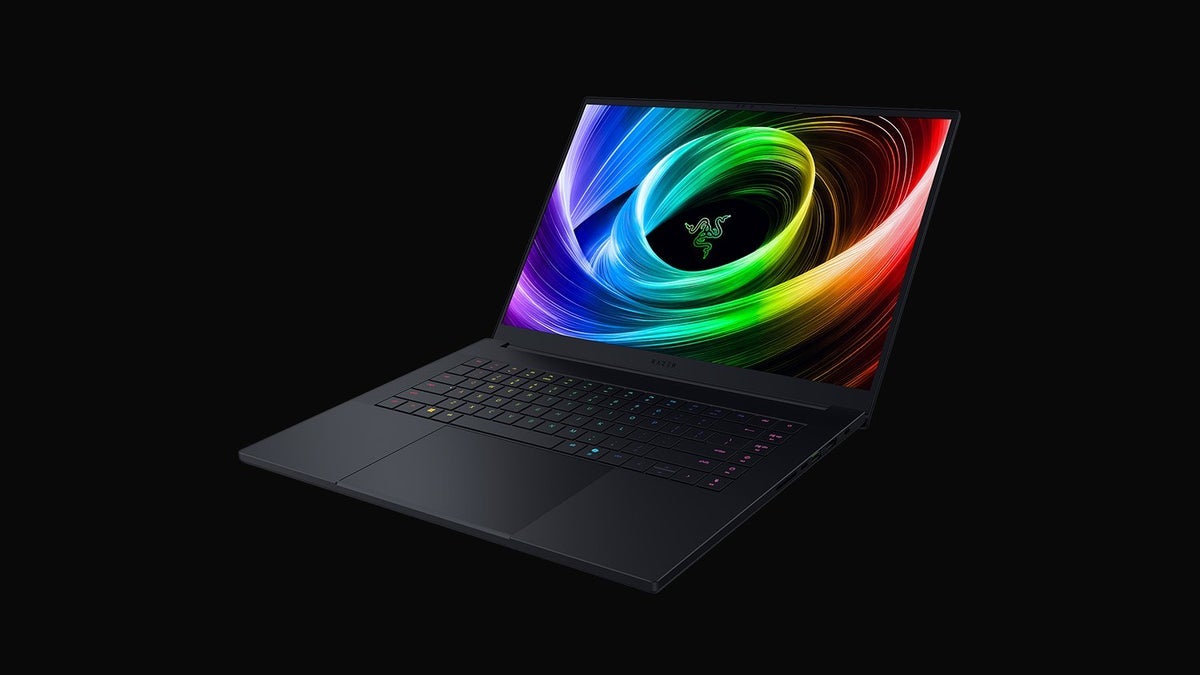Location, name, and photos of random kids shown to parents in child tracker mix up
Worried parents tracking their children with T-Mobile SyncUP devices suddenly found that they were looking at the location of random other children. And could not locate their own.

Not one but several worried parents that tracked their children by using T-Mobile tracking devices suddenly found that they were looking at the location of random other children. And could not locate their own.
T-Mobile sells a small GPS tracker called SyncUP, which can be used to track, among others, the locations of young children who don’t have cell phones yet. SyncUP uses a combination of GPS technology, Wi-Fi, and T-Mobile’s LTE nationwide network to locate registered devices and comes in the form of a small tag, a car tracker or a kids watch.
According to our friends at 404 Media, several users reported receiving information that came from another tracker, not their own. And from some of the statements it’s very clear that the disclosed locations belonged to other children because of the names and pictures associated with the accounts.
One woman who spoke to 404 Media could see the location address where the random children were, as well as their name and the last time the location was updated. In many cases, the time said “just now” or “one minute ago.”
“I was probably shown more than eight children. I would log in and I couldn’t see my children but I could see a kid in California. I refreshed and then I had no trackers, and then I refreshed again and would see a different child.”
Car owners using SyncUP Drive, the car tracking device, reported similar problems.
Here are some of the potential issues that this mix up could bring up:
- A big concern about tracking devices is their vulnerability to hacking, potentially exposing personal data. No hacking was needed here. Every time some of the users tried they would get the location of a different tracker.
- Without consent, tracking devices can infringe on individuals’ privacy rights. While you may say this is mainly about tracking without consent, nobody consented to strangers tracking their children.
- GPS tracking must comply with privacy laws like the Electronic Communications Privacy Act (ECPA) and the Driver’s Privacy Protection Act (DPPA) to prevent unauthorized surveillance. Did T-Mobile fail to comply, even if only for a short time?
- Inaccurate tracking, or not being able to track, can compromise personal safety if devices are used for emergency services or monitoring vulnerable individuals.
- Repeated problems can erode the trust in the underlying GPS tracking technology.
This raises the question for parents to ask themselves: What’s worse, not knowing where your child is exactly or running the risk of exposing their location to other people?
Privacy concerns surrounding tracking devices are multifaceted. On one hand, these devices are designed to give users a sense of safety and security by providing accurate location information. However, they also pose risks if not properly secured.
We have reported multiple times about stalkerware users getting exposed by security flaws in the apps they used. While SyncUP may be more secure than some of the stalkerware apps we wrote about, this incident shows it’s not watertight either.
T-Mobile did not disclose the exact problem, but told 404 Media the incident is now resolved:
“Yesterday we fully resolved a temporary system issue with our SyncUP products that resulted from a planned technology update. We are in the process of understanding potential impacts to a small number of customers and will reach out to any as needed. We apologize for any inconvenience.”
We don’t just report on phone security—we provide it
Cybersecurity risks should never spread beyond a headline. Keep threats off your mobile devices by downloading Malwarebytes for iOS, and Malwarebytes for Android today.



















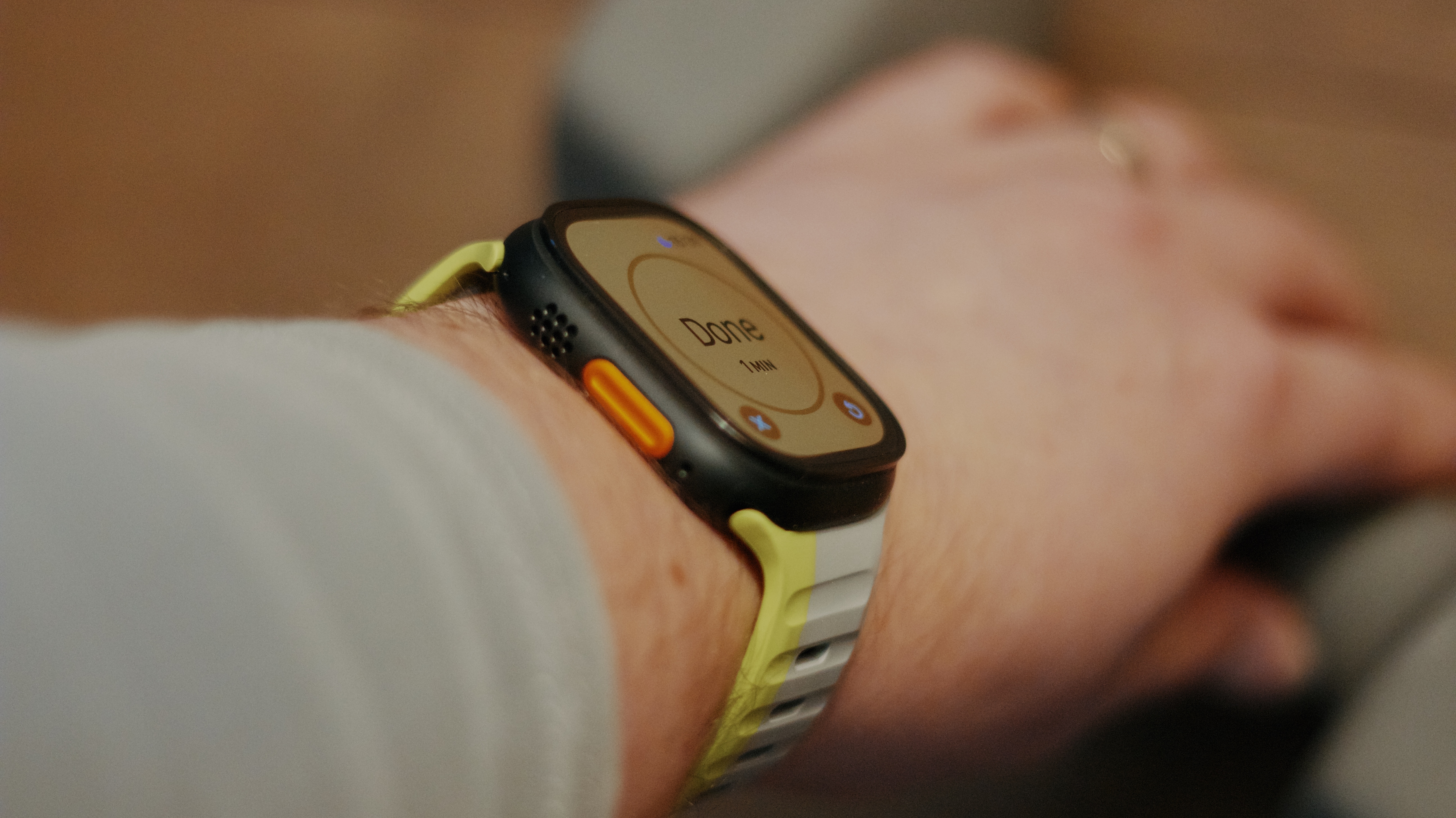






















































































































































![[The AI Show Episode 142]: ChatGPT’s New Image Generator, Studio Ghibli Craze and Backlash, Gemini 2.5, OpenAI Academy, 4o Updates, Vibe Marketing & xAI Acquires X](https://www.marketingaiinstitute.com/hubfs/ep%20142%20cover.png)
















































































































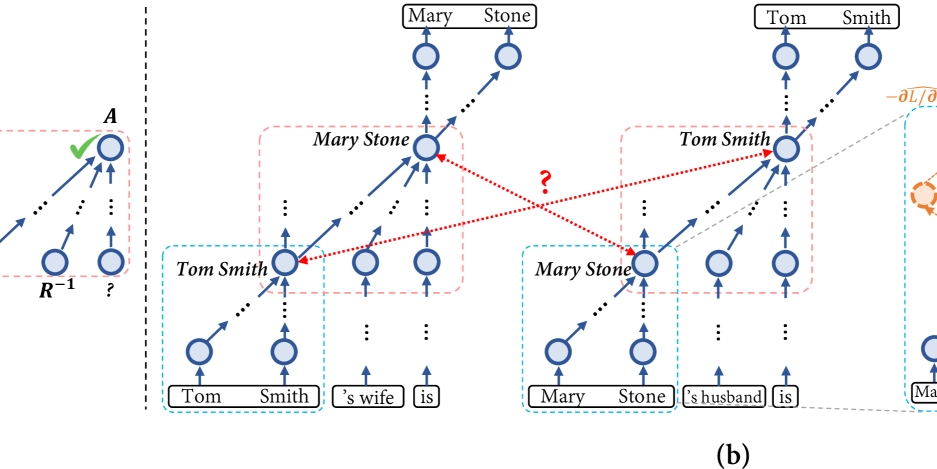





























































































































.jpg?#)
















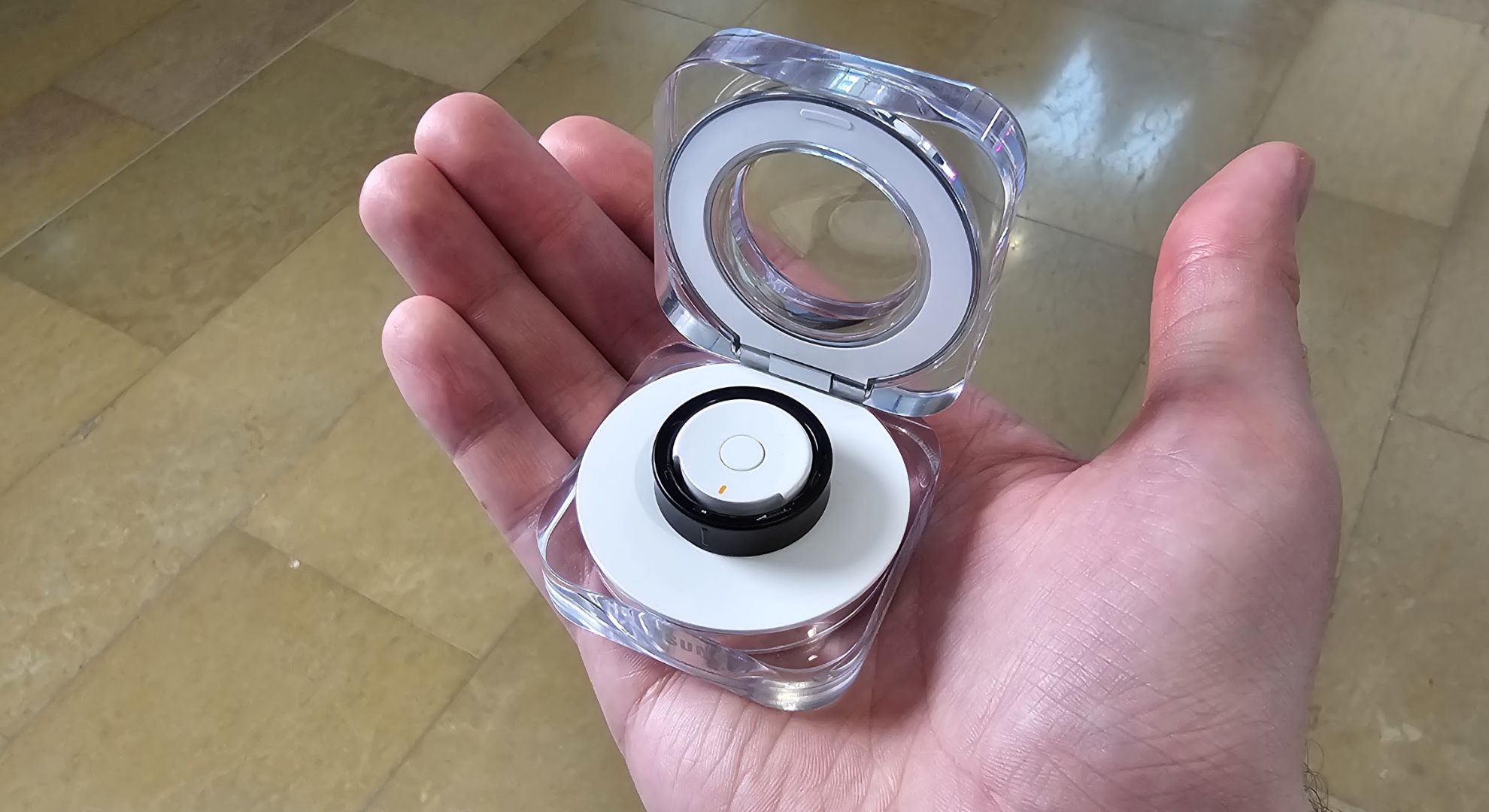





















































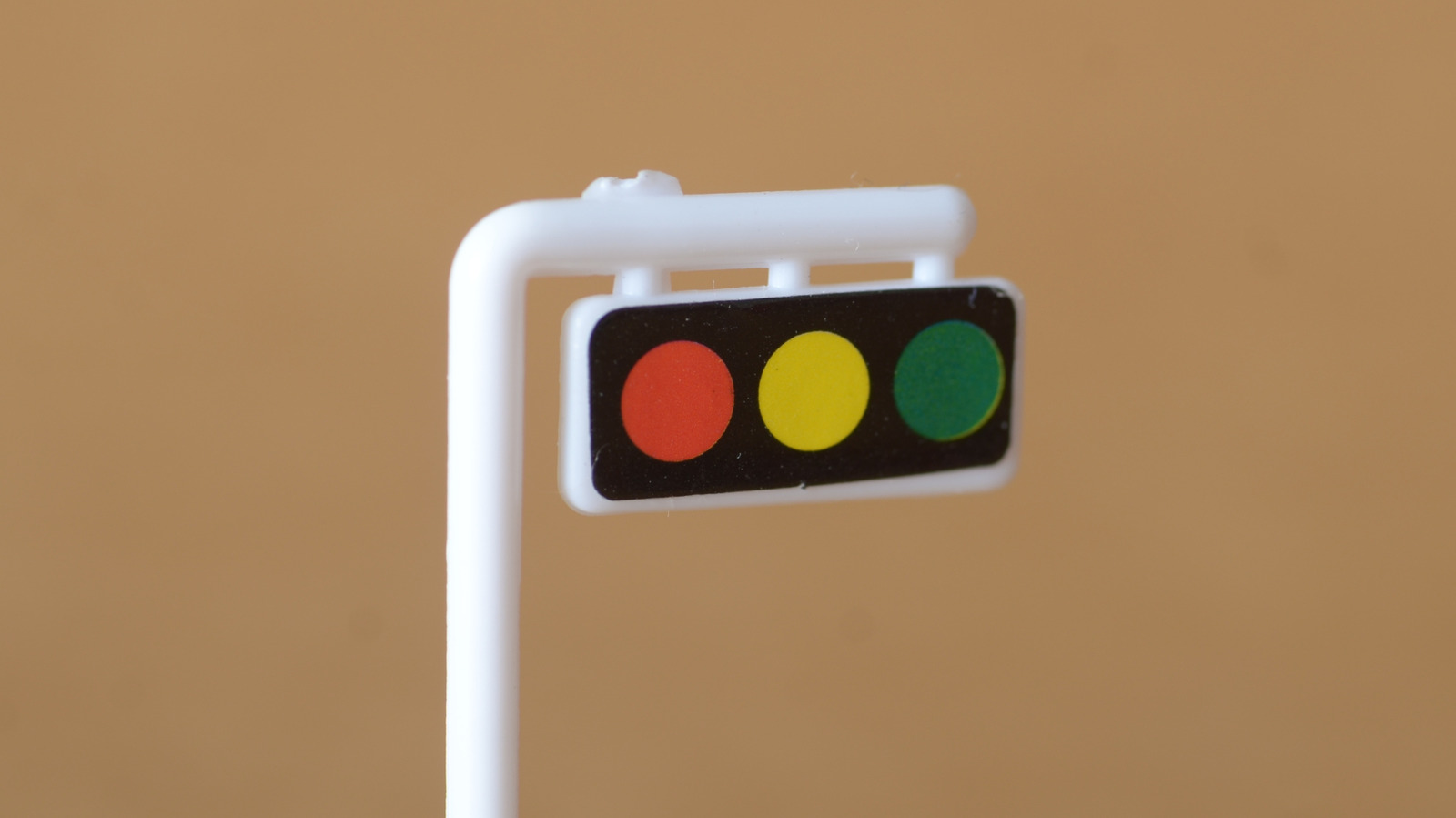











































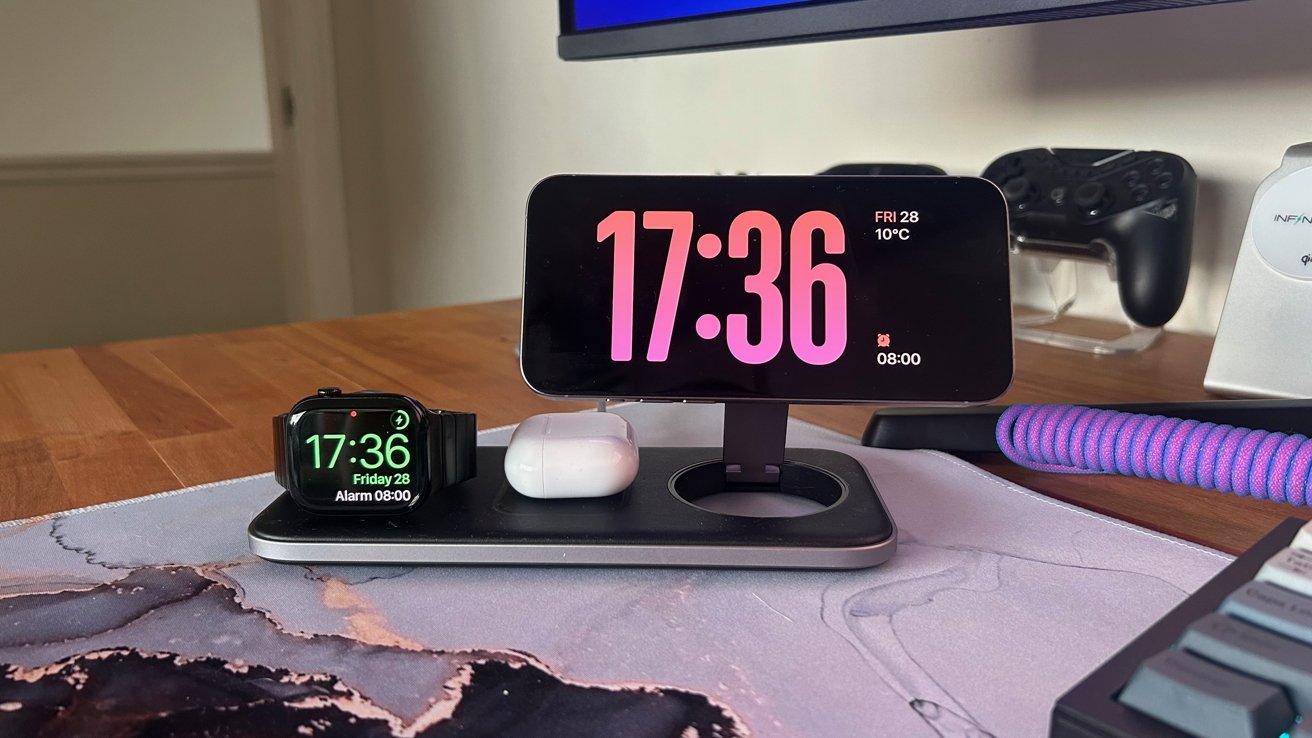



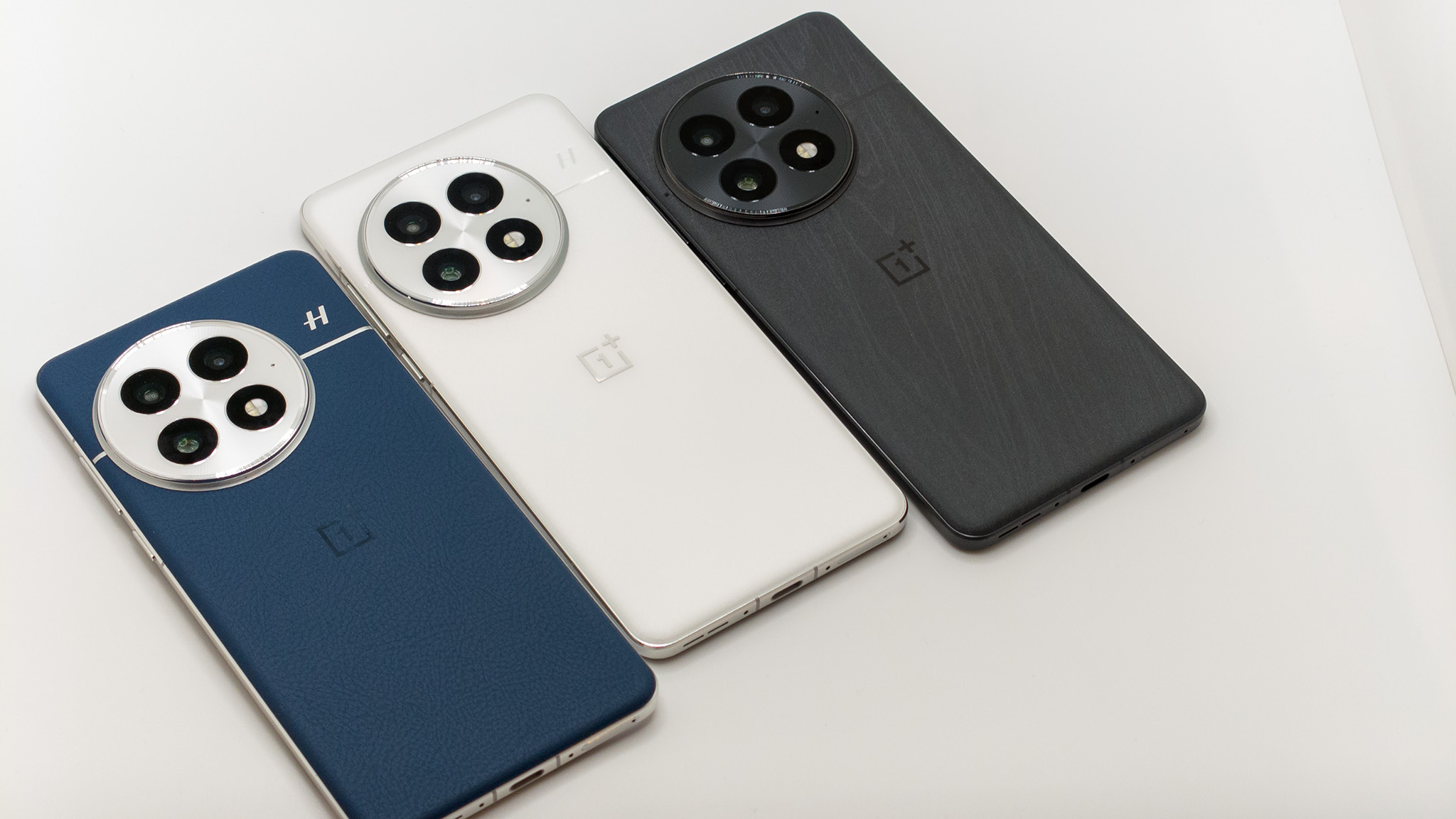
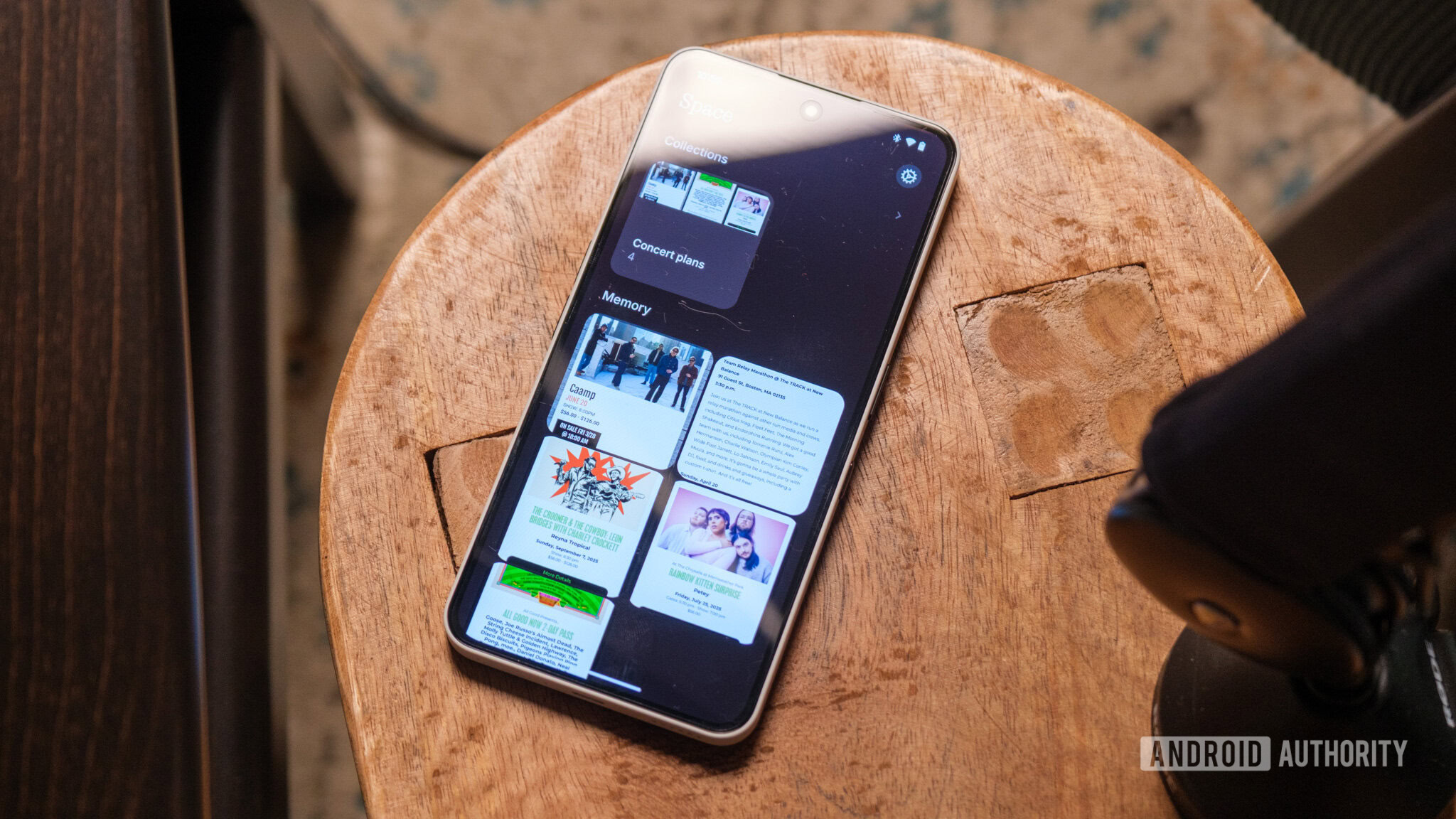

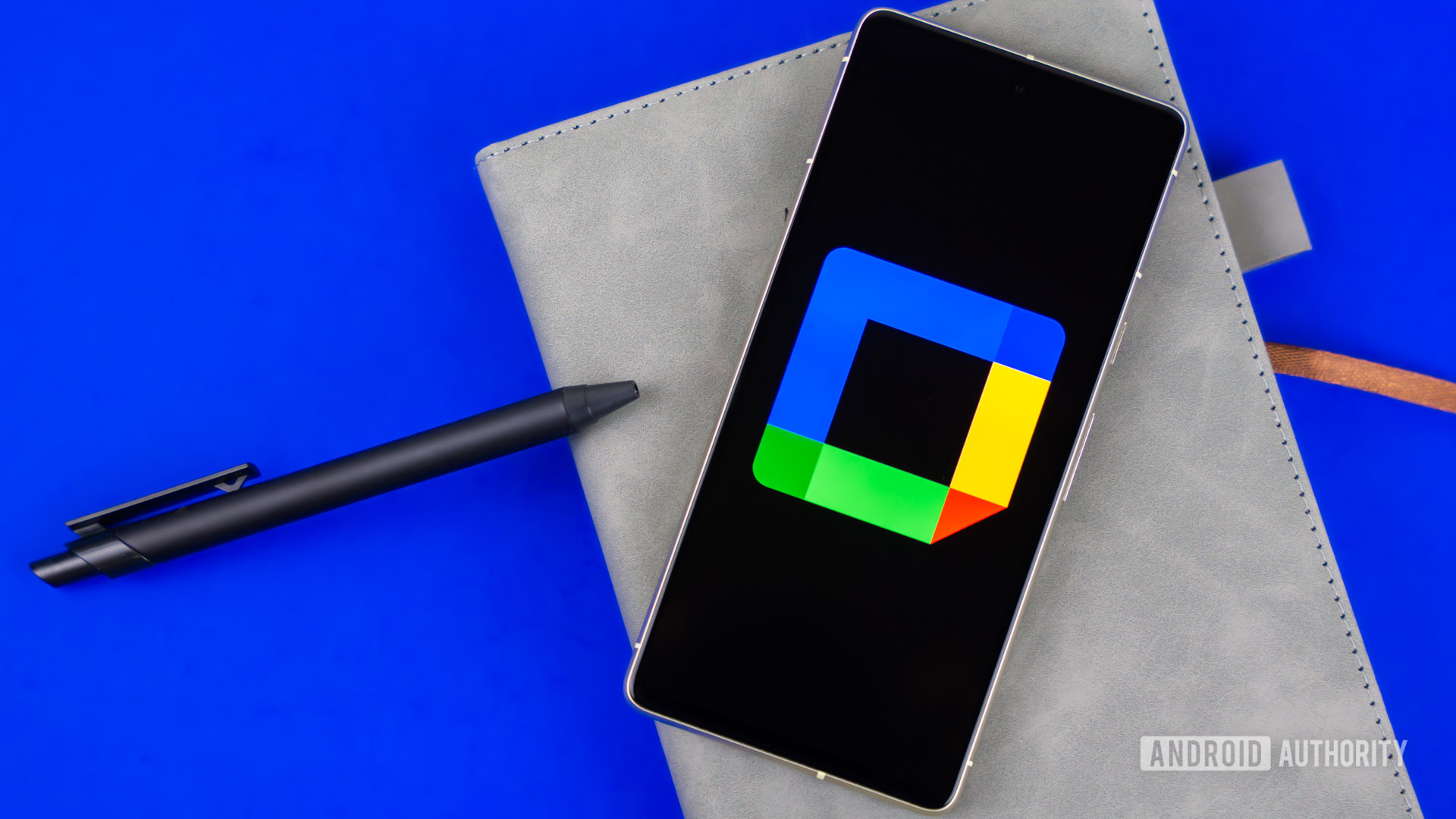





















![YouTube Announces New Creation Tools for Shorts [Video]](https://www.iclarified.com/images/news/96923/96923/96923-640.jpg)

![Apple Faces New Tariffs but Has Options to Soften the Blow [Kuo]](https://www.iclarified.com/images/news/96921/96921/96921-640.jpg)




































